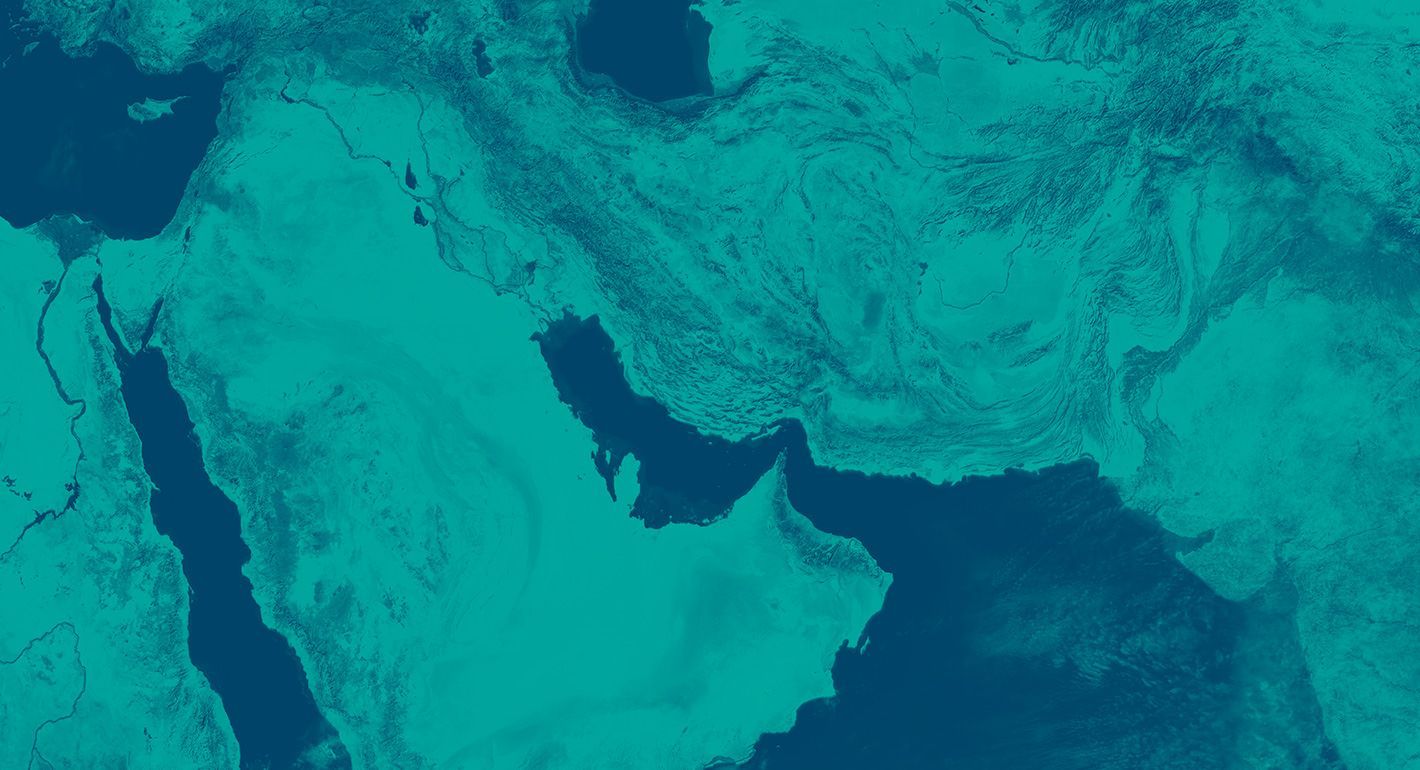Registration
You will receive an email confirming your registration.
U.S. military operations in Yemen have reentered the spotlight again under the second Trump administration, which seeks to restore the freedom of navigation in the Red Sea and “degrade Houthi capabilities.” This comes amid continued Houthi attacks in the Red Sea and against Israel. On April 14, the Wall Street Journal reported quiet deliberations over a potential U.S.-backed, Yemeni-led ground offensive along the Tehama coast—an option under discussion since last year. This possibility unfolds as the Axis of Resistance shows signs of weakening, U.S.-Iranian talks continue with caution, and regional powers—Saudi Arabia, Iran and the United Arab Emirates—weigh shifting security imperatives and evolving geopolitical currents differently as they craft their policy choices.
A ground offensive to recapture the port city of Hodeida could reshape the conflict’s trajectory in Yemen, redraw spheres of regional influence and maps of territorial control internally, redefine pathways to sustainable peace, and affect the maritime security architecture around Bab al-Mandab Strait. How effective has the latest U.S. operation vis-à-vis Ansar Allah been? In what ways does it differ from the Biden administration’s military operations? Is a ground offensive viable, and if so how it would impact the prospect of sustainable peace in Yemen? And how do regional actors perceive a U.S.-supported ground offensive after the freeze of the conflict and Washington’s inconsistent foreign policy on Yemen and the broader region?
The Malcolm H. Kerr Carnegie Middle East Center is organizing a panel discussion to examine the evolving U.S. military posture in Yemen, the strategic calculus of regional actors, and the potential for a ground offensive in Yemen, as well as its internal and regional ramifications.
The speakers are Hesham Al Ghannam, a nonresident scholar at the Malcolm H. Kerr Carnegie Middle East Center, Michael Knights, the Jill and Jay Bernstein Senior Fellow at The Washington Institute, Bara’a Shaiban, an Associate Fellow at the Middle East Security team with the Royal United Services Institute - RUSI, and Yasmine El Eryani, executive director for knowledge production at Sana’a Center and its former director of research (2021-2023). The event will take place virtually on May 5, at 4:00 P.M. EEST (UTC+3) / 9:00 A.M. EST.
The discussion will be held in English and moderated by Ibrahim Jalal, a nonresident scholar at the Malcolm H. Kerr Carnegie Middle East Center.
Viewers are invited to submit questions to the panelists via the live chat feature on Facebook and YouTube. For more information, please contact Najwa Yassine at najwa.yassine@carnegie-mec.org.
